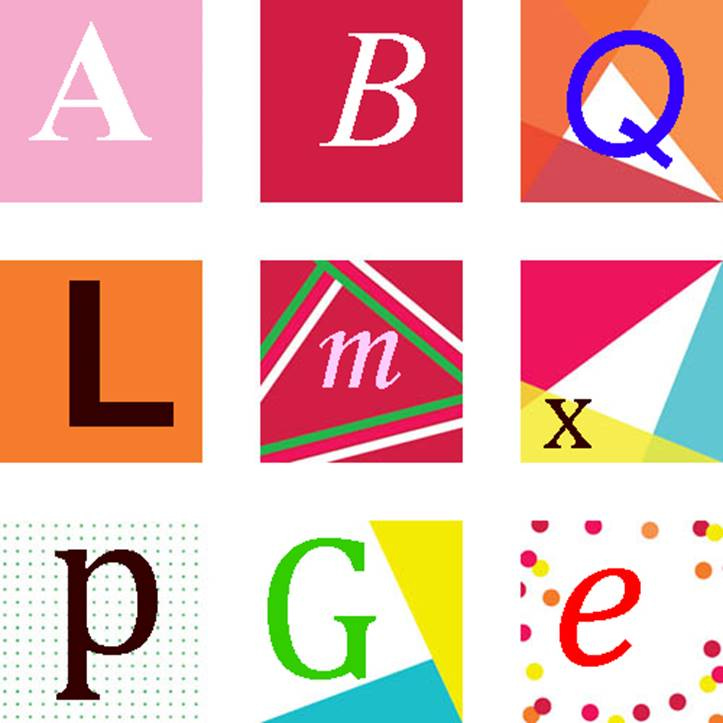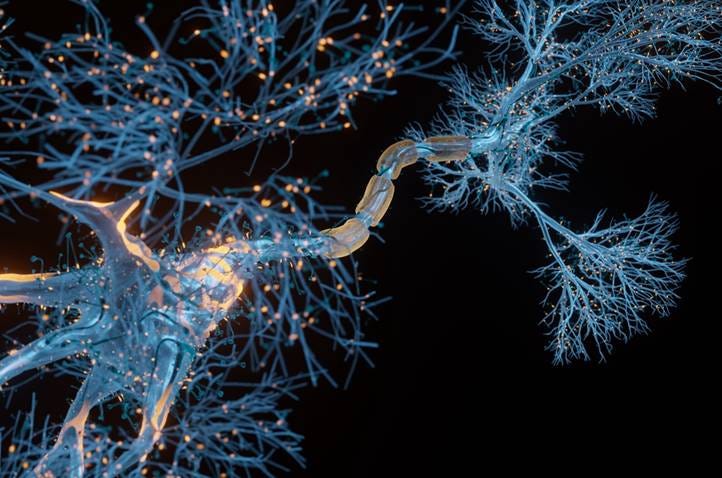The art of ‘art’.
Recently I read two substacks in quick succession. The first was Susan Hill’s essay on getting older and Joel Snape’s essay, The Rudolph Question. (Links are at the base of this essay.)
In both the sentiment is similar. We don’t have time to worry about everything - so why waste time with bad news?
To give both writers their due, neither recommend cutting yourself off from the world entirely, but both suggest rationing our input of information in order to focus our output. I’m not sure that’s how the mind works. And I know that’s not how the creative process works.
How the mind works
First let’s look at the structure of a human brain. We like to equate the mind to a computer – but there are a number of essential differences. In a computer minuscule electrical currents run along pathways to switch receptors on or off. Whatever programme you use - however complex or simple it may be - a computer works in binary mode: the signal is either on off. Those strings of zeroes and ones formed by computer coding, create a numerical string which equate to a word, a location, a colour or a sound. Each element (bit) of even the most sophisticated computer code can be either off or on, 1 or 0, absent or present.
The mind is far more sophisticated. For a start each brain cell possesses a whole series of dendrites which grow out from the nucleus, like tentacles. These tentacles meet other tentacles and can thus pass the message, in the form of a bioelectrical package onto another dendrite. It isn’t simply off or on. Brain waves are more subtle than that, having different levels of strength, different repetitions of the impulse and different echoes. Some cells fire fast, others linger more slowly, depending on the level of serotonin that damps down the impulse after it has fired.
Try this experiment
Look at the illustration below, without thinking too much about it write down the first thing that comes into your head for each one of the letters given.
As far as we know, brain cells never work in isolation. Even something as simple as reading the letter A on a page, will causes many brain cells, often in different areas of the brain, to fire at the same time. The language part of the brain will recognise the shape and meaning of the letter A, but our memories and emotions will overlay that recognition with images from the past, or with thoughts influenced by our environment or current concerns. Perhaps you associate A, the first letter of the alphabet, with learning to read, or perhaps it is forms an important initial for you. Is you name Ann or Adam? Did you like getting an ‘A’ in college? But a computer programme will just dumbly see the letter A. There will be no emotional response to it, whatever typeface or colour is selected.
The brain thinks like waves on the sand, the wave will flood each grain of sand (or brain cell) that it touches for a second or two, then dissipate, leaving the sand dry again, ready for the next wave. But unlike computer chips there is nothing stable or hard-wired about the brain.
If we limit our influences and stabilise our thinking, we can set down mental pathways which are like well-worn tracks. We can get set in our ways and our ability to think originally and creatively can become limited.
By maintaining an agile mind and by feeding the mind with new, different and various inputs we encourage the mind to grow. Each one of our brain cell’s is mutable, the cell may thrive or die, its tentacles can grow or wither, their signal can become stronger or weaker. Sometimes the tentacles can lock into a completely different dendrite, sending the message flying into a completely different area of the mind, triggering a long-forgotten memory or a completely new idea.
Unlike even the most sophisticated of computers, our minds can take in hundreds of different signals at the same time and despite what people may say, an active, healthy person can process many different thoughts and activities at the same time. Most people can ‘walk and chew gum’ or hold a conversation while cooking a meal.
When we need to concentrate, we may well turn away to ensure we’ve turned the gas off, or measured out the correct portion of chilli - but while we are doing that a bit of our mind will be considering the next witty repartee, to serve up with lunch. The mind seems to be well able to hold several concerns at the same time. In fact, if you consider the unconscious, as well as the conscious mind, we are pretty wonderful creatures, being not also to digest lunch, keep breathing, keep the heart beating and continuing to grow and maintain every part of the body as we potter around the kitchen. At the same time, we may be trawling our memories and experiences to re-hash an old joke, bring in some pertinent fact or retrieve a bit of hard-won wisdom. We may even have a brain wave, and like Newton, realise the concept of gravity from the chance dropping of an apple.
https://www.rockefeller.edu/news/35658-new-technique-sheds-light-on-memory-and-learning/
Creative thinking
Writers and other creative people have learned to exercise two very different and contradictory parts of their brains. The first is the art of concentration. But if we focus too much, we miss the second part of creative thinking - the art of ‘art’ - thinking new thoughts, saying something fresh or expressing it in a new way. Those moments of inspiration often come when we are at rest, sitting metaphorically among the apple trees, but they only come after we have expended time and brain power thinking deeply about many things. These things may never have been connected. Newton’s inspirational new wave of thinking sparked new dendrites in his brain and linked two completely unlinked concepts – the apple and the celestial body.
If we restrict our input, we do not necessarily focus our output. In fact, all we’ll be doing is restricting our ability to create new ideas. New thinking comes to us when the mind is active - firing on all four cylinders. And that means that the mind must be involved in the emotions and environment that surround us. Cutting ourselves off from current affairs will not help us make sense of the news: instead it will stunt our thinking.
I believe that we should continue to read the news, to get diverted - and sometimes not a little worried - about Trump, or climate change or reductions in social security support, because writers can (and should be) saying something about these things. Whether we write the sweetest fairytales for children or hard-bitten political commentary we should not turn our backs on what’s going on in the world.
Current affairs aren’t just about finance, or state boundaries, they are not only about science, or numbers. All the issues of the day reach into our memory and our most visceral emotions. Our ability to learn from the past, to love, to appreciate beauty and to empathise are what makes us human. Any old AI system can regurgitate. But only people thinking creatively can use that wonderful thing we call our minds to generate original thoughts, creative solutions to the problems of the day, as well as the universal challenges of the human condition.
Don’t give yourself overload – we do have to concentrate to think well and write it down. But that doesn’t mean we should turn our minds from what’s wrong in the world. That way lies ignorance. On the contrary, we need to read more, listen more, interact more – so that we accrue knowledge, refine our empathies and fulfil our own, unique human potential.
Wendy Shillam’s Book Glorious Summer - happy and healthy ageing - is avialable from https://saytomato.org/happy-and-healthy-ageing/








Thank you for the mention, Wendy (and for this really insightful piece, which has a bunch of stuff in it I hadn't really considered). Reading this (and a couple of emails I got), I think I've explained myself badly — I definitely don't think we should turn our backs on the world, or ignore the bad things that are happening in it.
I still read eg CNN's daily five-point bulletin about what's going on in the world, and check in on the news at least weekly. What I'm more trying to avoid is my own tendency to doomscroll, eg by meeting every breaking news story with a flurry of reading every take and detail, as if understanding every possible response to Trump's latest attempts to dismantle education (or whatever), will help me better deal with it. Similarly, with climate change or environmental issues, I do my best to spend my energy where I can actually help a bit — for instance, I'm writing about PFAS and microplastics for a big outlet this week. I used to worry a lot about every new study suggesting we're going in the wrong direction, and it wasn't good for me — but also wasn't achieving anything. I'm sure there's a good balance, but I'm not certain I've found it yet.